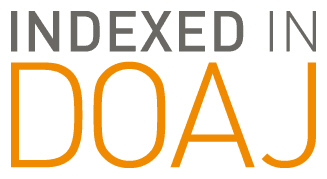Abstract
Ethical codes have long been considered indispensable tools in defining the proper conduct of counseling professionals. Revisions reflect the ideals of the industry to accommodate the evolving needs of clients and trends in treatment models, but the essence of the code is to convert principles befitting of the profession into concrete actions or considerations that abet professional decision-making. Acculturation into the profession involves ethics training intended to improve professionals’ ability to apply the code to situations that might arise in their practices, resulting in the most ethically appropriate action. However, such assumptions may be problematic. The idea of ethical competency and improvement in the code itself should be qualified to reflect the uncertainty of moral truths, including counselor training tailored to test competency, both before and during professional practice. In this article, the consideration that morals and ethics are distinct is spelled out and then challenged by drawing on Jean Paul Sartre’s existentialist critique of moral decision-making reality. In light of this critique and John Stuart Mill’s argument regarding the value of vigorous debate over philosophical ideas, suggestions are made regarding a potential approach to ethics competency education.
Recommended Citation
Williams, Izaak L.
(2018)
"Practice-based conundrums and existentialist quandaries of a professional code of ethics,"
Journal of Human Services: Training, Research, and Practice: Vol. 3:
Iss.
1, Article 1.
Available at:
https://scholarworks.sfasu.edu/jhstrp/vol3/iss1/1
Included in
Counseling Commons, Counseling Psychology Commons, Health Psychology Commons, Multicultural Psychology Commons, Other Social and Behavioral Sciences Commons, School Psychology Commons, Sociology of Religion Commons
Tell us how this article helped you.
